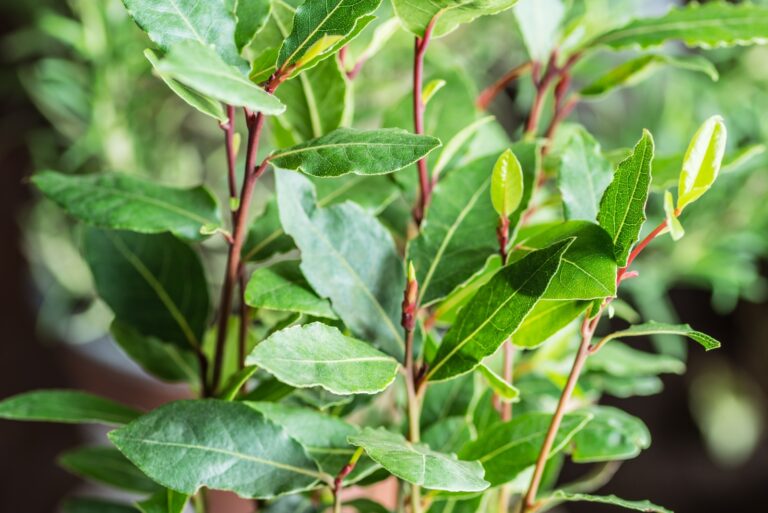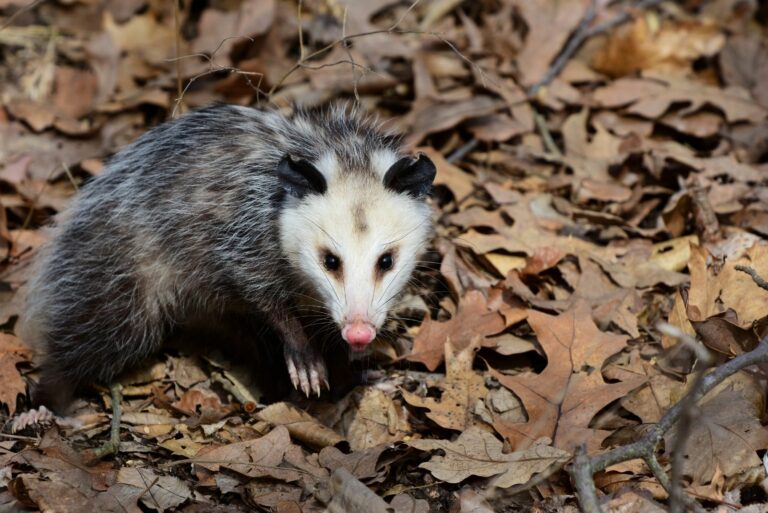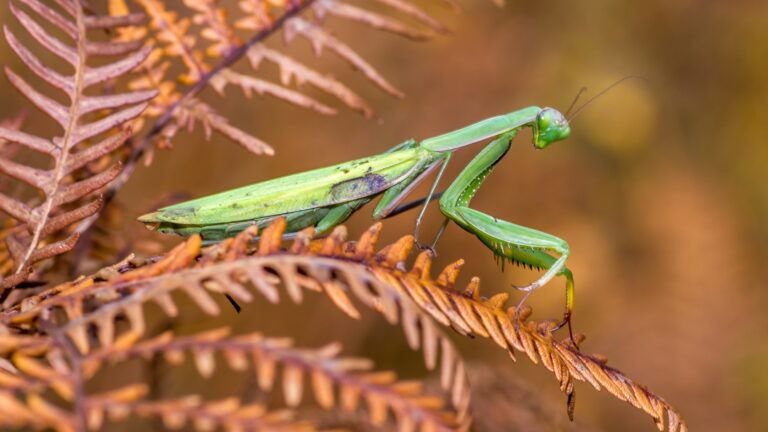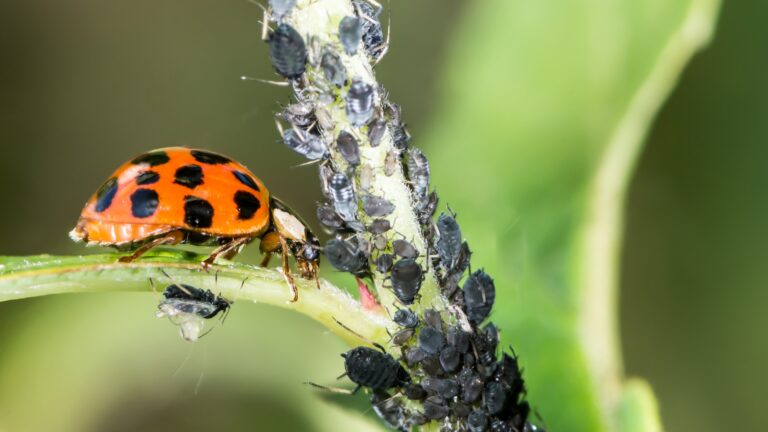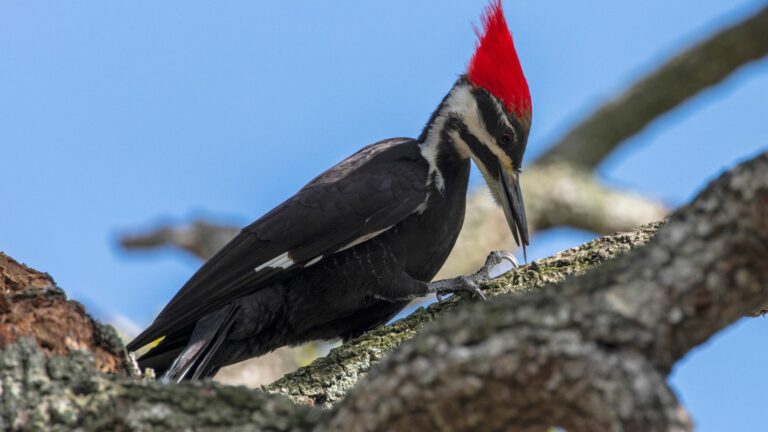7 Plants That Help Massachusetts Residents Keep Their Properties Rat Free
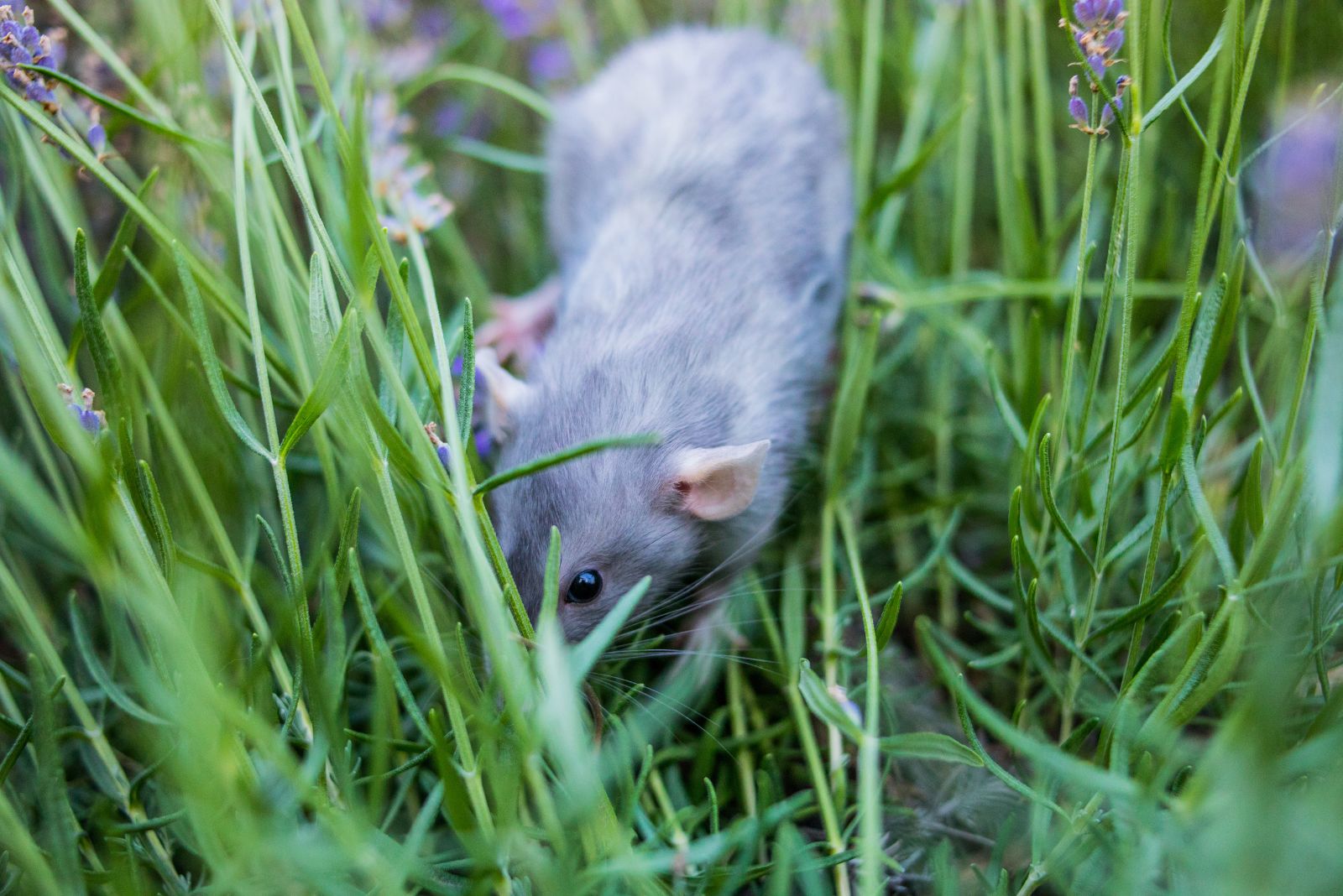
Some Massachusetts yards seem to stay calm and critter free, while others feel like they attract trouble overnight. In many neighborhoods, homeowners have found that the right plants make all the difference. Certain scents send rats packing before they even think about settling in, creating a natural barrier that works quietly around the clock.
These plants offer a simple way to protect gardens, sheds, and porches without traps or harsh chemicals. With the right choices in the ground, a property can hold its own and stay one step ahead of unwelcome visitors.
1. Peppermint
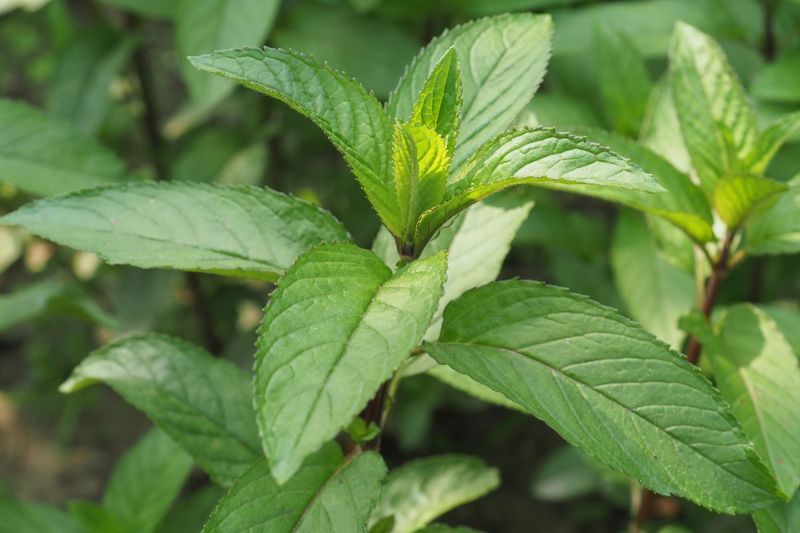
Strong scents can really bother a rat’s sensitive nose, and peppermint tops the list. Rats absolutely hate the sharp, cooling smell that humans find refreshing and pleasant.
Growing peppermint near doorways, foundation walls, or garbage areas creates a natural barrier. The plant spreads quickly and requires minimal care, making it perfect for busy homeowners.
You can also crush fresh leaves and place them in problem spots for extra protection. This aromatic herb does double duty by keeping pests away while giving you fresh leaves for tea.
2. Lavender
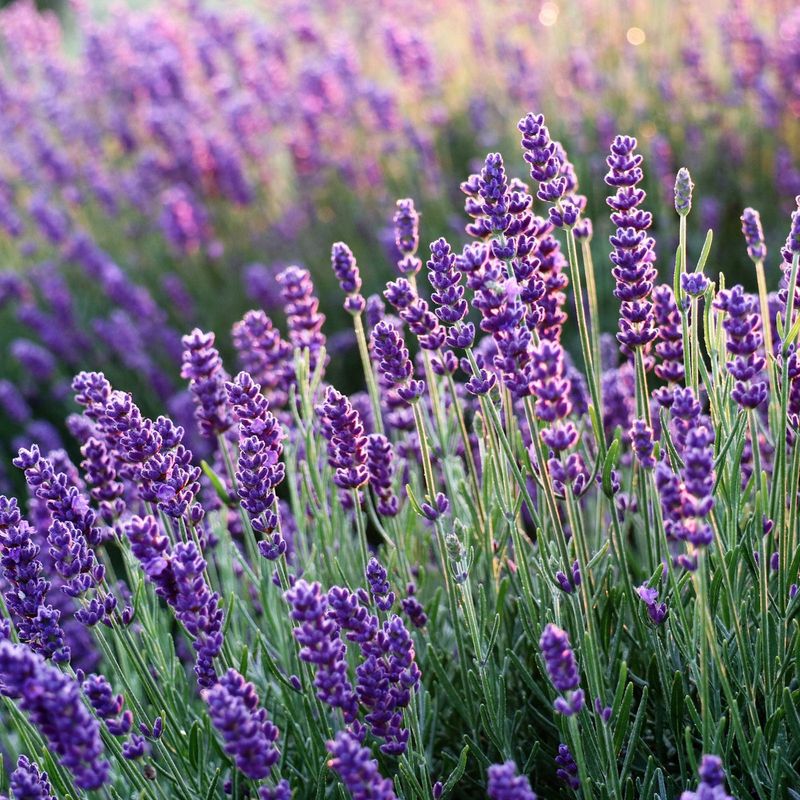
With its beautiful purple blooms and calming fragrance, lavender might seem like just a pretty addition to your garden. Rodents find its powerful scent overwhelming and will avoid areas where it grows thick and healthy.
Massachusetts gardeners love lavender because it thrives in cooler climates and returns year after year. Plant it along walkways, near entryways, or around sheds where rats might try to nest.
The dried flowers work indoors too—stuff sachets with lavender and tuck them into closets or storage areas for ongoing protection.
3. Rosemary
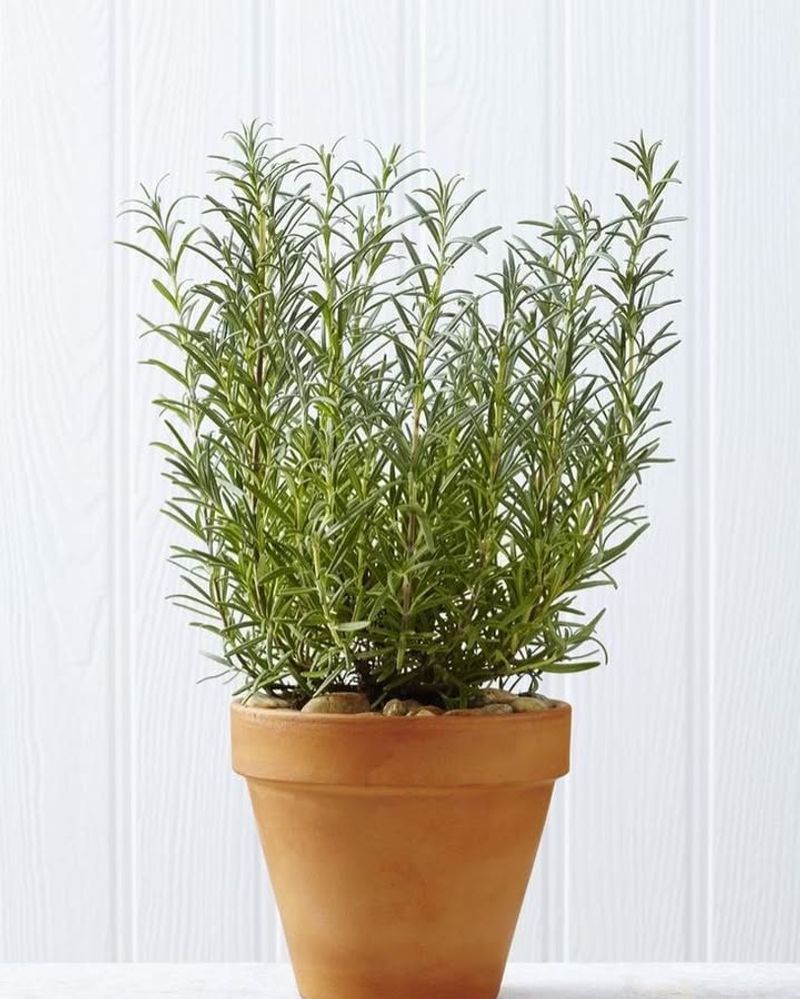
This woody herb releases a pine-like aroma that makes it a kitchen favorite but a rat’s nightmare. The strong essential oils in rosemary leaves create an invisible shield that rodents refuse to cross.
Rosemary grows well in containers, so you can move it wherever you need protection most. Place pots near garage doors, basement windows, or compost bins where rats typically investigate.
As a bonus, you’ll have fresh rosemary for cooking all season long. The plant stays green through mild Massachusetts winters, providing year-round defense.
4. Marigolds
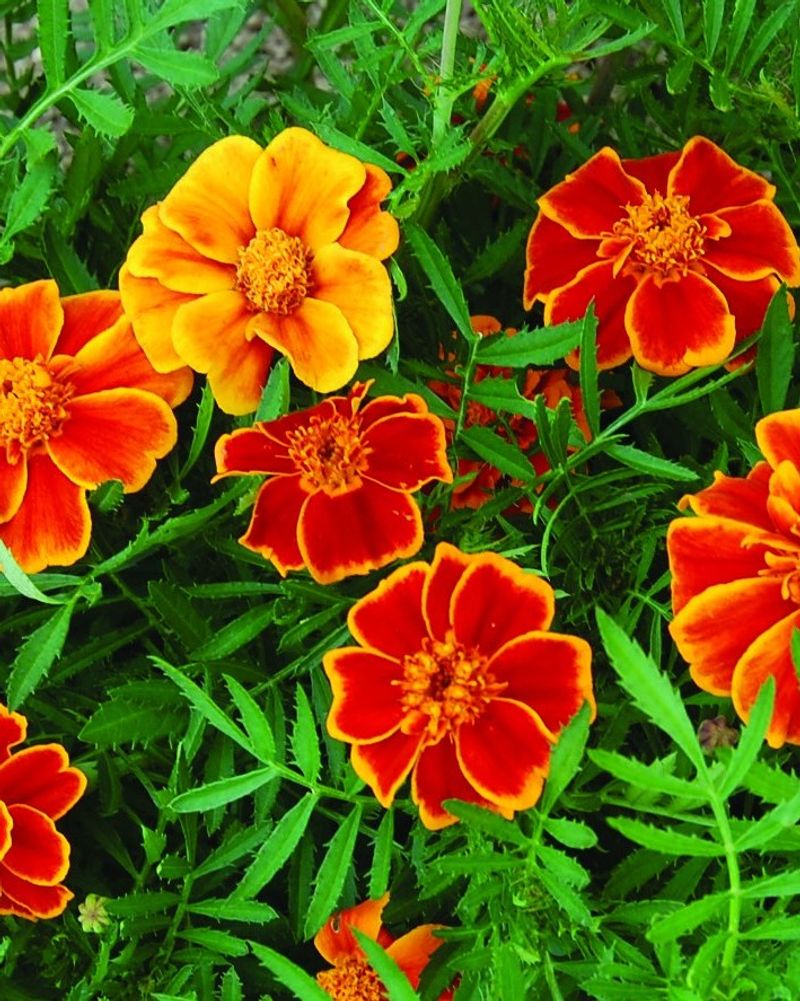
Bursting with cheerful colors, marigolds bring more than just beauty to your flower beds. Their pungent smell, which comes from a compound called alpha-terthienyl, naturally repels rats and other garden pests.
Plant marigolds around vegetable gardens, along fence lines, or near foundation plantings for maximum effect. They’re incredibly easy to grow from seed and bloom continuously from spring until the first frost.
Many Massachusetts gardeners consider marigolds their go-to solution because they’re affordable, colorful, and genuinely effective at keeping unwanted critters at bay.
5. Daffodils
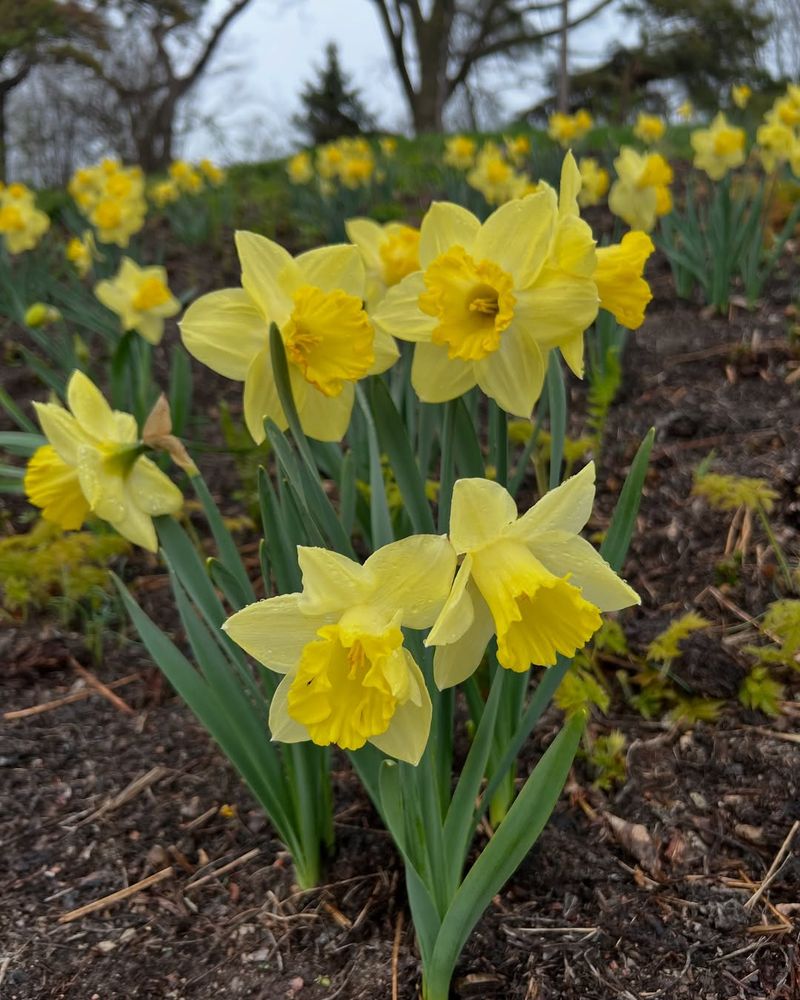
These cheerful spring bloomers signal the end of winter, but rats see them as a serious warning sign. Daffodil bulbs and leaves contain toxic alkaloids that rodents instinctively know to avoid completely.
Plant daffodil bulbs in fall around the perimeter of your property for a springtime display that protects year-round. Even after the flowers fade, the remaining foliage continues discouraging rats from entering the area.
They multiply naturally over time, creating larger protective zones without any extra work from you. Plus, deer and squirrels avoid them too.
6. Garlic
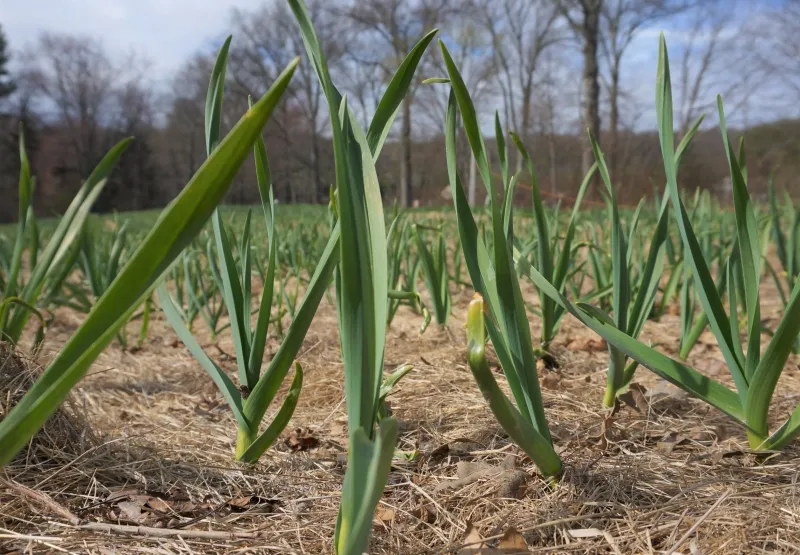
Few smells are as recognizable as garlic, and while we use it to flavor our favorite dishes, rats find it absolutely revolting. The sulfur compounds that give garlic its punch also make it an excellent natural rodent repellent.
Growing garlic around your vegetable garden creates a protective border while providing you with fresh bulbs for cooking. Plant individual cloves in fall for a summer harvest.
You can also make a garlic spray by blending cloves with water and spraying it in areas where rats have been spotted recently.
7. Catnip
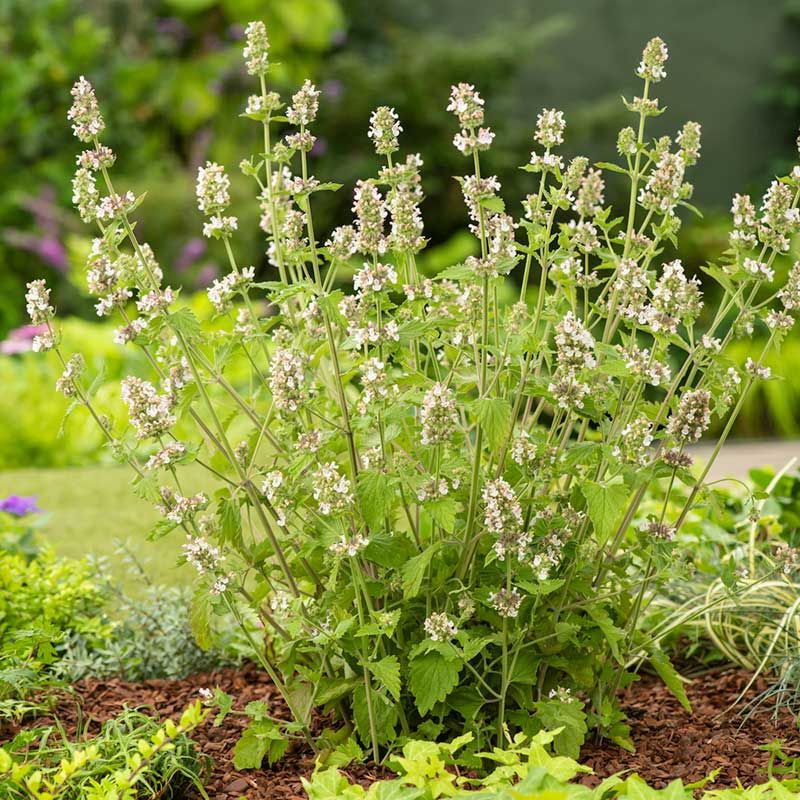
While cats go crazy for this member of the mint family, rats want nothing to do with it. Catnip contains nepetalactone, a chemical compound that drives felines wild but sends rodents running in the opposite direction.
Massachusetts residents plant catnip near outbuildings, compost areas, and along property edges where rats might enter. It grows vigorously and spreads easily, requiring little maintenance once established.
If you have outdoor cats, they’ll enjoy rolling in it while simultaneously helping guard your property. It’s a win-win situation for natural pest management.


